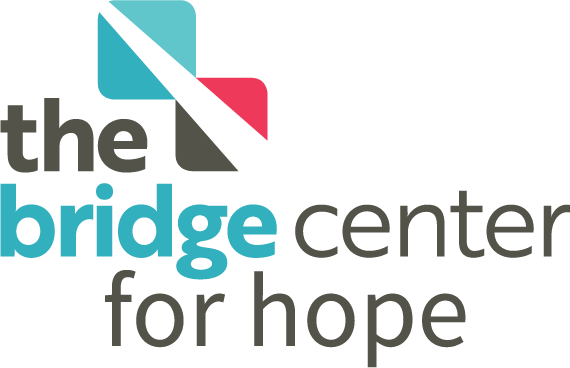About Substance Abuse
What to Do If Someone You Care About Is Experiencing a Substance Use Crisis
Seeing someone you care about experiencing a substance use-related crisis can be distressing. Perhaps you’ve noticed changes in mood or behavior or poor decision-making. Maybe they are struggling to keep their job or their relationships are being impacted. There are many indications that something may be amiss.
Many people are uncertain about how to get their loved ones the help they need. But there are things you can do to help.
Here’s what to do if someone you love is experiencing a substance use crisis.

Often it can be difficult to see when one’s substance use has been a disorder or even a crisis situation. Warning signs that may indicate they are experiencing a substance use crisis can include:
Using more of a substance than planned, or using a substance for longer than intended.
Inability to reduce substance use despite wanting to do so.
Spending a substantial portion of one’s time obtaining, using, or recovering from substance use.
Cravings and intense desire to use substances.
An inability to meet personal or professional obligations because of substance use.
Giving up important activities because of substance use.
Continuing to use substances even knowing that doing so is causing problems.
Using in dangerous or harmful situations.
Developing tolerance, so that the person needs to use more of a substance to have the same effect.
Withdrawal: experiencing negative physical effects when the person has less of the substance in his or her system.
Continuing to use substances even when the person knows that use is causing or increasing physical or mental problems.
The emergency room is often not the best place for your loved one in a substance use crisis since the wait times can be long and the psychiatric care can be insufficient. A crisis-receiving facility provides crisis stabilization services to people in need of urgent care for a substance use disorder.
Similar to an emergency room, a facility-based, walk-in crisis center like the Bridge Center provides short-term, behavioral health crisis intervention, offering a community-based, voluntary, home-like environment as an alternative to more restrictive settings. In addition, crisis stabilization services provide an alternative to costly, overcrowded emergency rooms.
Guests admitted to a crisis-receiving facility are assessed by nurses, licensed mental health professionals, psychiatric nurse practitioners, or psychiatrists to determine if the individual meets one of the three criteria: a danger to self, others, or gravely ill. If one of the three criteria applies, the treating physician issues a physician emergency certificate, and the guest remains involuntarily committed.
Dealing with the substance use crisis of someone you love is extremely stressful. While it’s important to seek immediate help for your loved one when they are experiencing a mental health crisis, it’s also important that you take care of yourself so you can help support them in their recovery.
This might be by connecting with family members or friends who have gone through similar situations or reaching out to an organization like NAMI Baton Rouge, which provides support to families of those with a narcotics addiction.
It’s important to know that mental health crises are common, and you are not alone.



